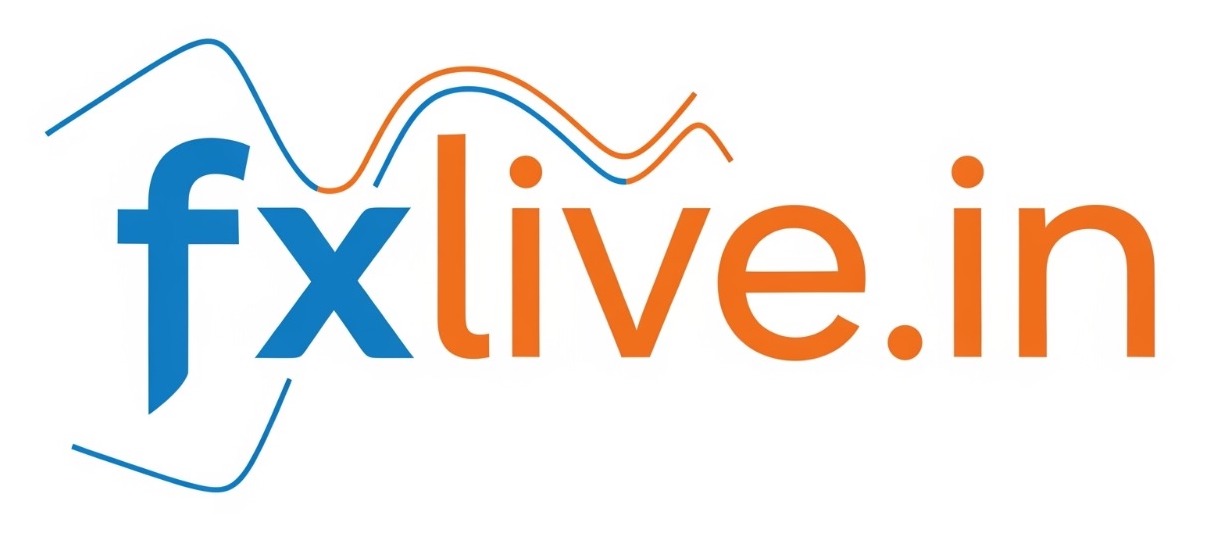The highly publicized “U-Turn” on skilled foreign workers by President Donald Trump is a result of recent comments he made during a media interview where he appeared to acknowledge that the United States lacks certain specialized domestic talents and needs to import skilled workers from abroad.
This statement is particularly significant because it comes just months after his administration implemented one of the harshest crackdowns on the H-1B visa program, which is overwhelmingly utilized by skilled Indian professionals.
Here are the full details of the statement, the context, and the shock factor:
🎙️ The Shocking Statement on US Talent
The controversial remarks were made by President Trump during an interview with Fox News host Laura Ingraham.
The Key Exchange
When the host suggested that restricting H-1B visas would help raise American wages and asked if H-1B would remain a low priority, President Trump countered, signaling a shift in thinking:
- President Trump: “I agree, but you also do have to bring in talent.”
- Host Laura Ingraham: “We have plenty of talented people here!”
- President Trump: “No, you don’t. No, you don’t. You don’t have certain talents.”
The Rationale
President Trump elaborated on his position, arguing that certain high-tech and specialized manufacturing roles cannot be filled by retraining the long-term unemployed:
“You don’t have certain talents. And people have to learn. You can’t take people off, like an unemployment line, and say, ‘I’m going to put you into a factory. We’re going to make missiles.’ It doesn’t work that way.”
He cited a recent raid by Immigration and Customs Enforcement (ICE) on a Hyundai facility in Georgia, where skilled South Korean workers specializing in complex battery manufacturing were detained, as evidence that the US needs the expertise of foreign nationals for highly technical, early-stage manufacturing processes.
📉 Context of the “U-Turn” and Indian Talent
The “U-Turn” is considered shocking because it contradicts the administration’s recent policies aimed at severely restricting the H-1B program, the primary pathway for skilled Indian workers.
- The Crackdown: Just months before the interview, the Trump administration triggered a massive overhaul of the H-1B program, including a new mandatory application fee of $100,000 for certain new petitions, a move designed to drastically reduce H-1B usage.
- Indian Dependence: India is the country most affected by H-1B restrictions, with over 70% of all approved H-1B visas going to Indian nationals in recent years, largely filling roles in the US technology and engineering sectors.
- The Irony: The President’s acknowledgment that the US lacks the talent needed for advanced industries comes at a time when his administration’s policies are actively deterring the exact type of highly skilled Indian talent the US economy relies on.
📢 Immediate Impact
- Stock Market Rally: Following the remarks, shares of major Indian IT companies (like Infosys, TCS, and Wipro), which rely heavily on the H-1B program to staff US projects, saw significant spikes in trading, indicating investor optimism about a potential softening of immigration policy.
- Political Backlash: The comments drew immediate criticism from some of the President’s MAGA base and hardline immigration proponents who viewed the statement as a betrayal of the “America First” principle regarding jobs.
- Business Relief: Conversely, the statement was welcomed by Corporate America and the technology sector, which have consistently lobbied against the visa restrictions, arguing that they hamper innovation and the ability to compete globally.

